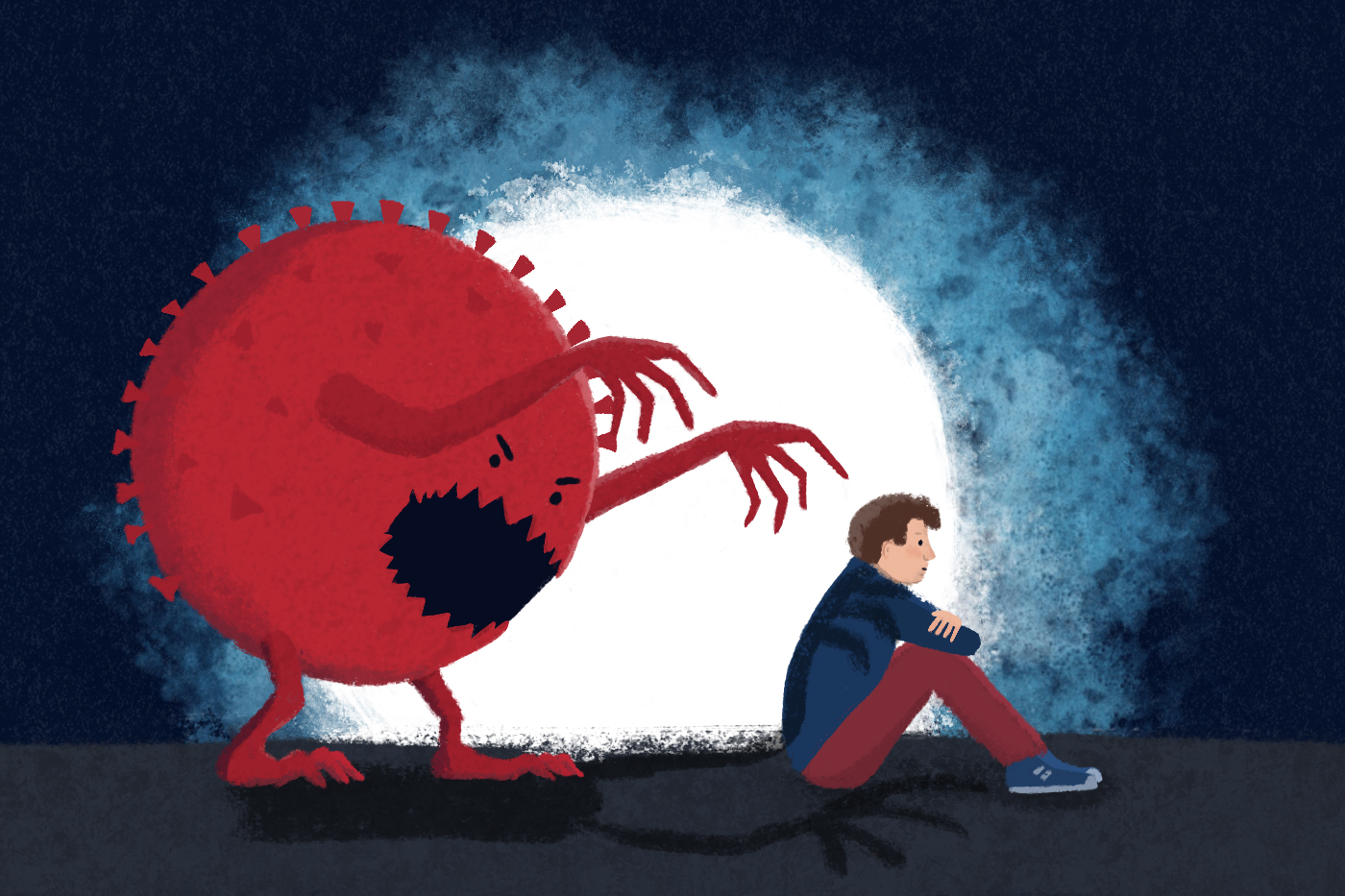The threat of COVID-19 has been looming over our lives for a year and a half. We’ve had to question whether seemingly mundane behaviors might lead to someone’s death. Or if we or someone we love might get severely sick. Our financial forecast and job stability have been at risk. Uncertainty about the future has reigned—and was renewed with the emergence of variants of the coronavirus that causes COVID-19.
For many people, a year and a half feeling stressed out has worn on us. And, say Northeastern psychologists, the emotional long-haul of the pandemic and the continual stress it induces could have lingering effects within your mind and body.
“Before COVID, you were used to a certain level of comfort or stability in your day-to-day life, and that was completely disrupted when COVID hit for basically everybody,” says Rebecca Shansky, associate professor of psychology at Northeastern. “When you’re living with that kind of uncertainty, that is going to change the way your brain is going to work.”
Read more on News@Northeastern.
Illustration by Hannah Moore/Northeastern University.

